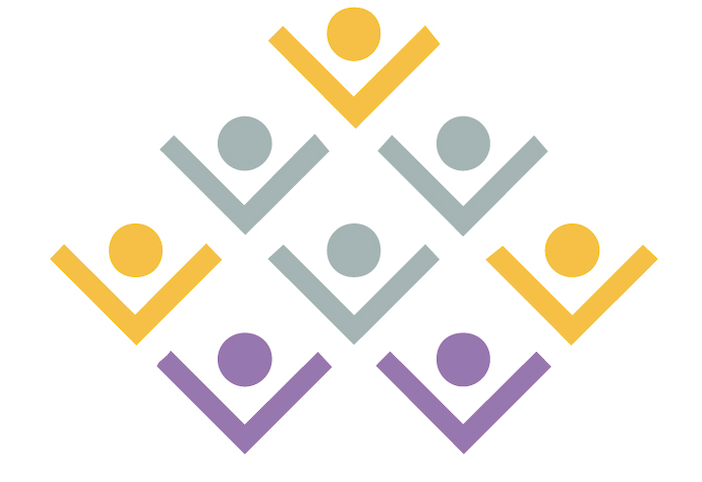How to Study Yourself to Love Yourself
This is the ninth of ten posts teaching the first two limbs of yoga— the yamas and the niyamas— in a manner that relates to contemporary living with real-world anxieties. A key component to a life of integrity is framing it with the yamas and the niyamas as you come to know how you relate with others and love yourself. I will teach these guidelines one at a time with the hopes you, the reader, take the time and care to implement these principles into your daily life. Notice your thoughts, words, and actions and if they are in alignment with the teachings I give.
This post is about self-study. Study by and of oneself is a guideline for self-love that is about developing one’s heart-mind by recognizing the layers of our ego/identity and peeling them away to get to our radiant being within.
Similar to the Russian nesting (matryoshka) dolls, our sense of self has many layers and identities. We have who we are in public, who we are to our parents, who we are to our partners, who we are to our children, etc. The layers run deep. We work through the practices causing deliberate change and self-study to observe ourselves in action and get to the core of who we really are.
Deep within, we find Divinity at our center. Some identify it as God; others may call it Universal Nature. Whatever name you give it, it’s there from birth and with you always. Untainted, it’s your true nature. This essential self does not need healing—it is pure. The layers that surround it are either mutable or fixed, in which case they become boxes that cage us in. Deborah Adele says, “Self-study is about knowing our true identity as Divine and understanding the boxes we are wrapped in. We can find clues about our boxes by watching our projections, by the process of tracing our reactions back to a belief, and by courageously looking at life as it is” (The Yamas & Niyamas)
We live in a layered self to function in the world. The work of yoga is to bring awareness to our strengths and shortcomings through meditation, mindful movement (asana) practice, breath-centered awareness, and reading/listening/learning that promote self-reflection and insightful observation of ourselves in action. Once we understand where we are on our path, we can set an intention to let go of our negative qualities (through practice causing deliberate change) and reinforce the attributes that have a positive effect on ourselves and others.
Nicholai Bachman shares in The Yoga Sutras Workbook, “Practice causing change naturally leads to self-study as we observe the changes happening and adjust our practice to maintain our desired direction. It may be easier to wait until the heat diminishes, then in a quieter space, reflect back on the practice causing change experience.”
Keep up a meditation practice as you navigate these final three niyamas (practice causing deliberate change, a study by and of oneself, surrender) so you can discern how these principles enacted in daily life deeply affect you.
Self-study comes for many women who choose to become mothers when we consciously choose to learn about one’s self while inhabiting the role of Mother, regardless of the child’s age. Every instructional or philosophical book you read on taking care of your child is an opportunity to find your values—those that shape how you take care of yourself and your family. All actions and interactions are moments for learning. So use this time to come to know who you truly are and make changes to let go of any actions, thoughts, and attitudes that do not serve you.
In addition, notice your reactions to what life brings you. If you observe and choose to learn from them, notice if you think of yourself as a victim when bad things happen. Or do you have a sense of humor about how absurd life can be? Your perspective on life determines how you position yourself in the world. Deborah Adele teaches in The Yamas & Niyamas, “Every event that life presents to us is a precious opportunity to learn the truth about the boxes we have ourselves packaged in.”
Even when you are exhausted, you can feel your breath and draw your awareness inward to notice how you react and live with the circumstances in your life. If you find strife, what can you do to find peace? Can you adopt a new perspective to shift from being reactive to proactive when life gives you lemons? How do you make lemonade that not only benefits the situation but also helps you discover something about yourself? Can you find compassion for yourself along the way, knowing that to be human is to be imperfect?
Comment below on how you incorporate self-study in your daily life. You can opt-in for my email list here to receive a toolkit for practices that set you up for wellness practices.
